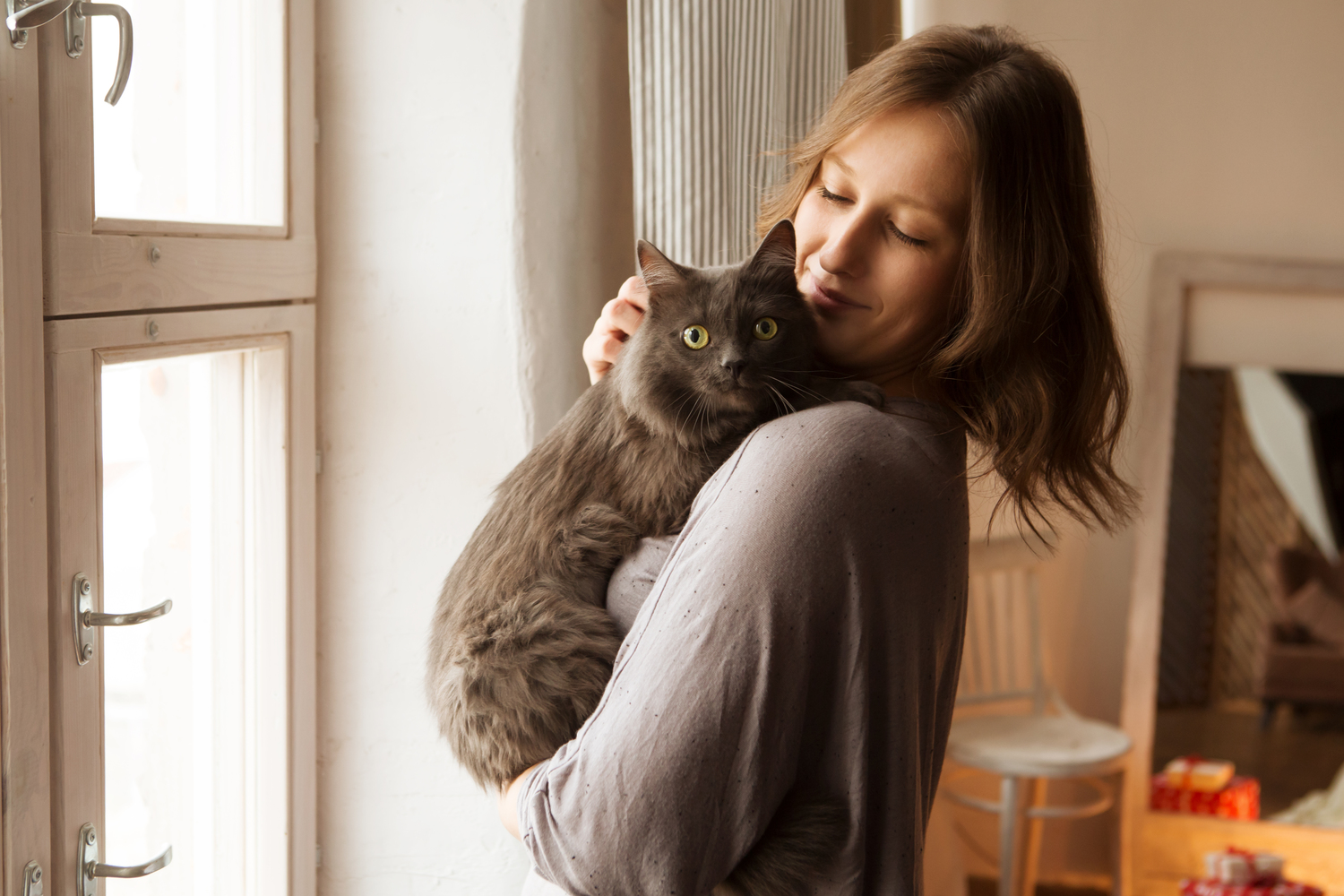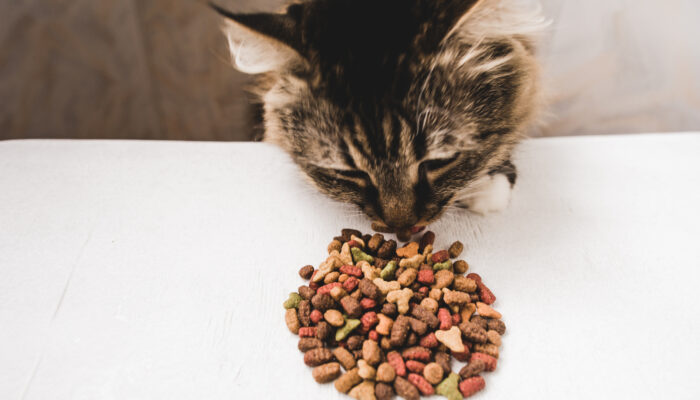
Preventing Feline Diabetes
Humans aren’t the only mammals that can get diabetes. In fact, diabetes in cats is similar to diabetes in humans in that it occurs when inadequate insulin hormone exists in order to keep glucose (or blood sugar) in check. Diabetes mellitus is becoming increasingly common in ooverweight and obese housecats. While the condition is very manageable, if untreated, diabetes mellitus can lead to ketoacidosis infection, malnutrition, inflamed pancreas, and peripheral neuropathy.
Let’s look at some ways we can prevent our kitties from developing diabetes:
1. Avoid obesity
Helping your cats maintain a healthy body weight is a must if you want to prevent your cat from developing diabetes. Feline obesity is the number one risk factor in cats for diabetes mellitus. Watching your cat’s weight is paramount to their long-term health. While you may think fat cats are cute, you could be stopping your cat from living a happy, fulfilling, (and not to mention long) life. If you’re feeding your cats treats or snacks or giving them human food when you eat, you could be overfeeding them.
2. Ensuring a healthy diet
Cats are naturally meat-eaters. To be healthy, they require a high protein diet that’s low in carbs and grains. Generally, most vets will tell you that cats do the best while on a diet based on canned food. The balance between proteins and carbohydrates are perfect for what cats have evolved to eat.
3. Making exercise a priority
When humans become couch potatoes, the needle on the scale tends to move gradually upwards. The same goes for our pets. Making sure your cat is getting enough exercise is paramount to them keeping their weight healthy, which helps prevent cat diabetes. Playing with your cat every day (i.e., laser) will keep them active while reducing stress. Make sure your cat has plenty of things to jump on (i.e., cat towers) and play with (i.e., catnip toys, food puzzles, lasers, etc.).
4. Take your cat for checkups
Ensuring your cat has regular checkups with the vet can be a literal lifesaver. A veterinarian can check on your cat’s weight loss (or gain) and give you tools to help manage it. Chronic illnesses, like diabetes can be costly if not found early. If your cat is diagnosed with feline diabetes, your vet will also ensure they are maintaining a healthy diet and medication schedule (i.e., insulin shots), if necessary.



